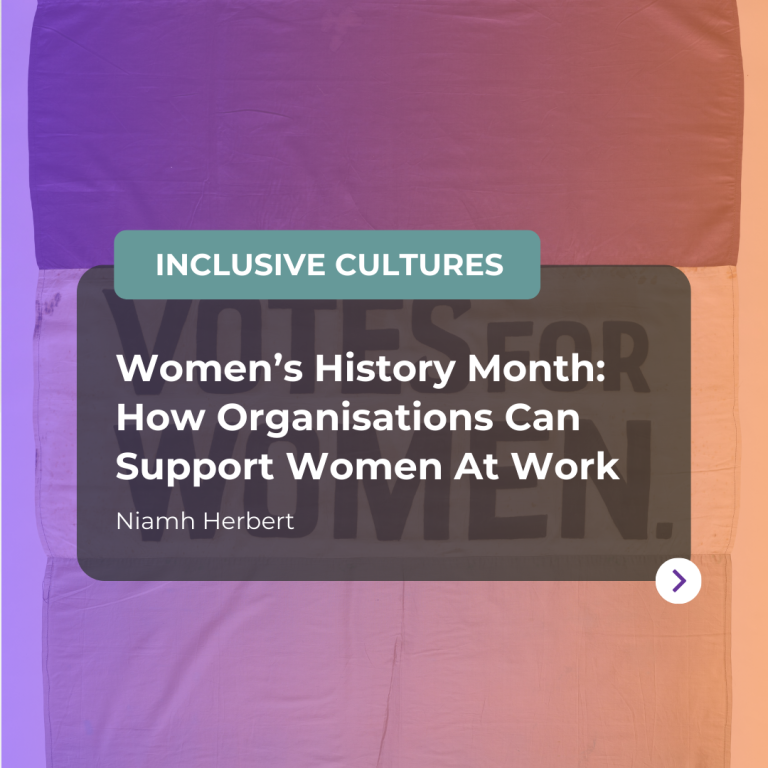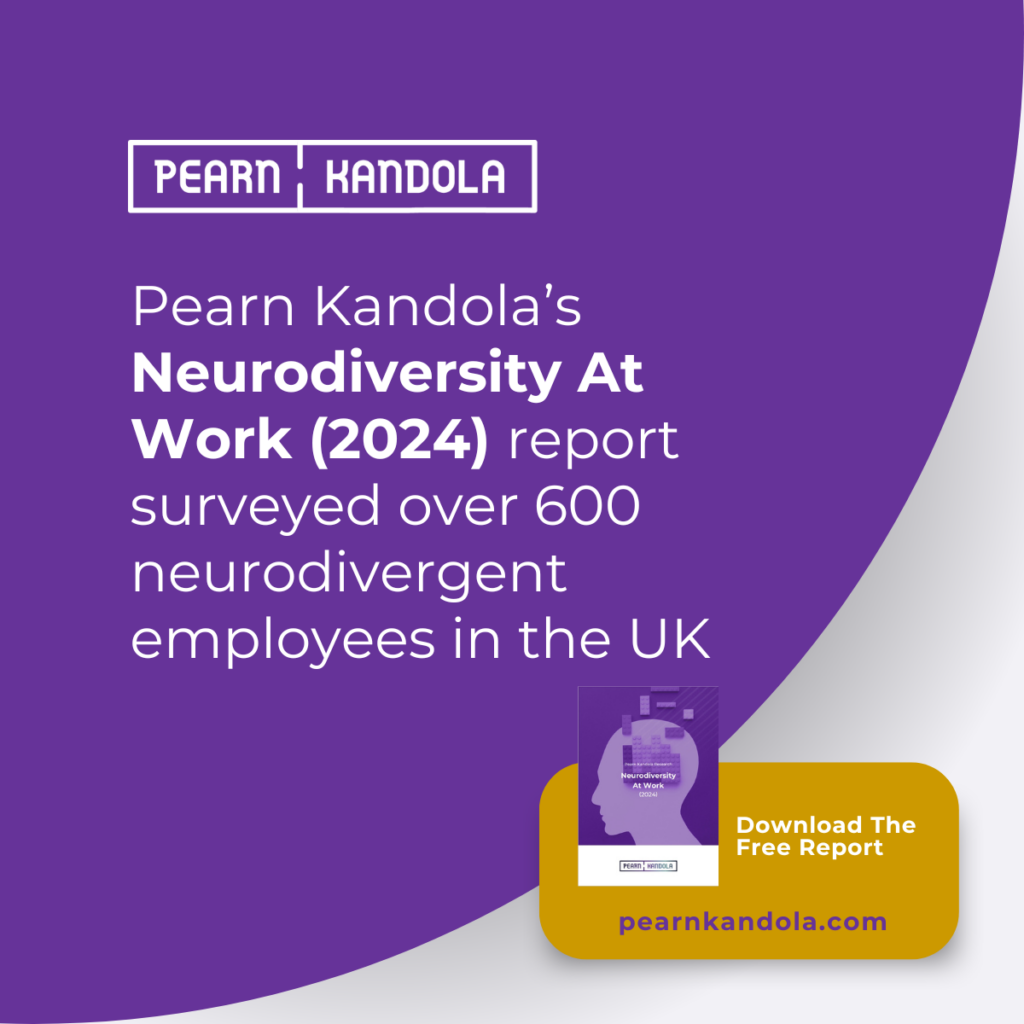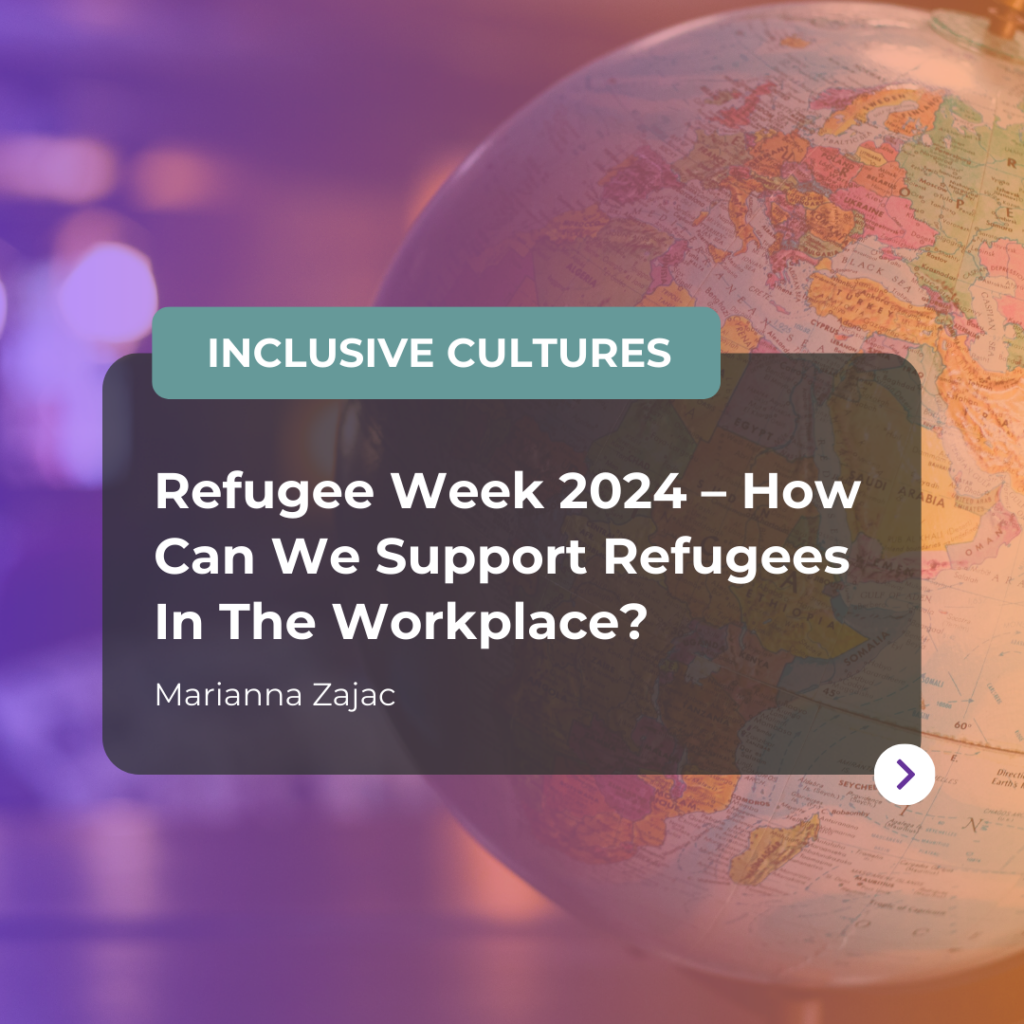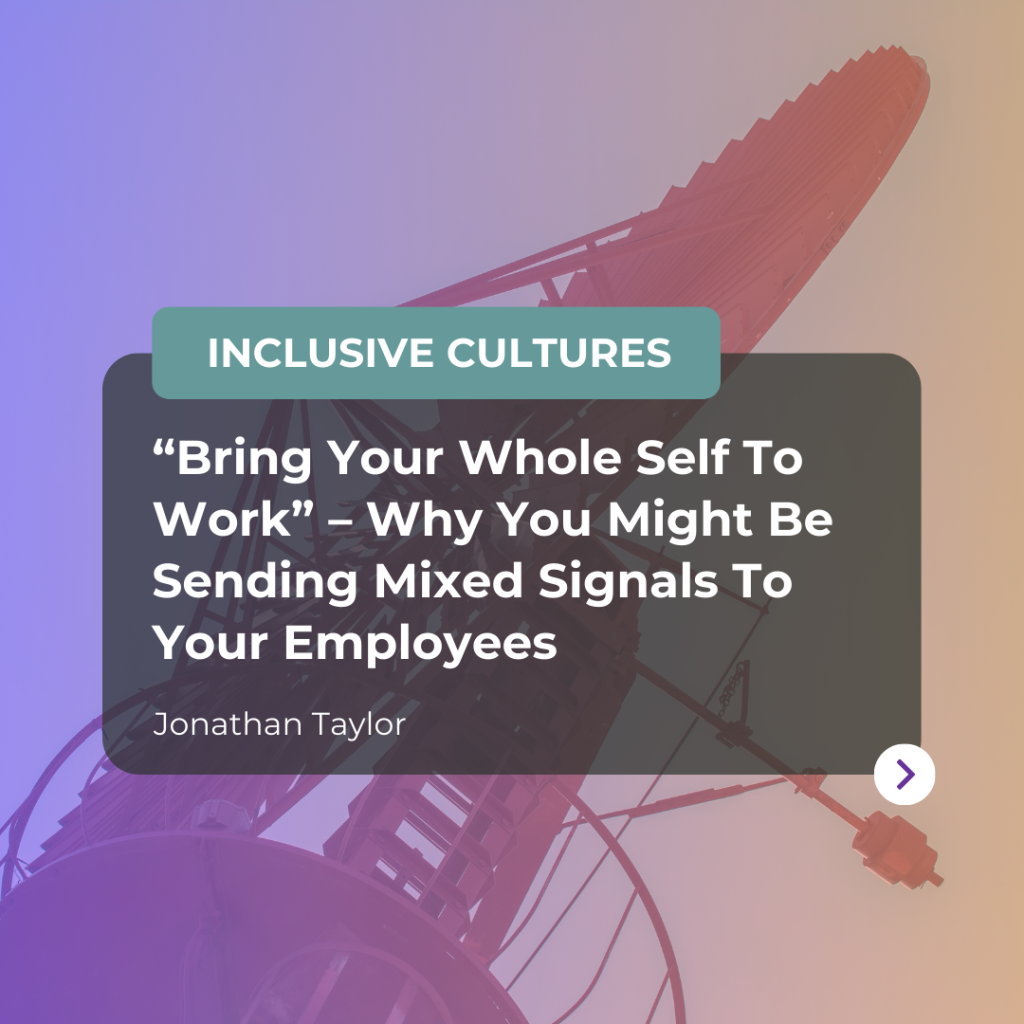What Is Women’s History Month?
Women’s History Month is an annual celebration held each March to commemorate and recognise the experience, achievements, and contributions of women throughout history.
It highlights the accomplishments of women from a range of fields, such as: science, literature, arts, sports, and politics.
For organisations and individuals alike, Women’s History Month provides the opportunity to honour women from diverse backgrounds and cultures whilst raising awareness for women’s rights issues and gender equality.
Fact: Since the Global Goals were signed in 2015, not a single country in the world has achieved gender equality. 1/3 of countries have made no progress since then, and of these, 18 countries have seen gender inequality worsen.
What Can Organisations Do To Support Women In The Workplace?
1. Awareness Campaigns
A great place to start is by launching campaigns as an organisation, using social media and internal communication channels. This will continue to raise awareness of the achievements and ongoing struggles of women, sharing facts, anecdotes, and resources to inspire and educate all employees.
Fact: 55% of women in senior roles have experienced sexual harassment
2. Training and Development
Offer training opportunities focused on diversity, inclusion, equity and equality for all employees. Support career advancements and leadership development for women employees.
Fact: 42% of women claim they have been discriminated at work because of their gender.
3. Educational Events
Host seminars, workshops or panel discussions on topics relating to women history, rights and equality. You could invite experts, activists, or guest speakers to share their experiences and insights.
Fact: Over 380 million women and girls are living in extreme poverty.
Poverty disproportionately affects women globally as they do not have as many opportunities as men to receive an education, work, or own property.
4. Networking and Mentoring Programs
Facilitate events and programs that connect female employees to create a space for women to support and empower each other both professionally and personally.
6. Policy Review
Evaluate organisational policies and practices, ensuring they promote inclusivity and gender equality. Additionally, making the any necessary policy and paperwork changes needed in areas such as recruitment, hiring, promotion and pay.
Fact: 48% of women occupy entry-level roles.
7. Employee Resource Groups
Support and promote employee resource groups or affinity groups for female employees, providing the funding, leadership opportunities and resources needed for these groups.
8. Flexible Work Policies
Implementing flexible work policies that accommodate the needs of female employees include parental leave, remote work options and flexible hours. This can create a supportive and understanding work environment that allows a healthy balance between work and personal responsibilities.
Fact: Work-life balance causes conflict for an astonishing 72% of women.
Why Do We Still Need To Commemorate Women’s History Month?
The facts included throughout this article demonstrate that gender equality is still a distant goal. Despite the issue being widely spoken about and recognised in recent years, the figures show disappointingly slow progress.
This is not only a global issue but local, with every organisation needing to step up and make necessary changes to ensure fair and equitable treatment for women. By creating an inclusive and diverse workplace, organisations can benefit from a wider pool of talent, experience and perspectives. Supporting women in the workplace can lead to increased innovation, better decision-making, and improved overall performance.
What Is The History Behind Women’s History Month?
International Women’s Day came first, being celebrated in 1911 after the labour and social movements from the early 20th century. This was acknowledged in many European countries.
Back in 1978, Women’s History Week was first recognised and 9 years later, in 1987, Congress in the United States passed a resolution designating March as “Women’s History Month.” This expanded the celebration to the entire month to provide more time and opportunity for honouring and exploring women’s history and achievements.
Many other countries also acknowledge and recognise women’s history month.
Fact: As of January 2023, 11% countries have women Heads of State (monarchy-based systems excluded), and 9.8% have women Heads of Government.
If you’re looking for ways to support gender equality in the workplace and would like a review of your policies and procedures to ensure that no groups are adversely impacted, then please get in touch with us via email at info@pearnkandola.com.








